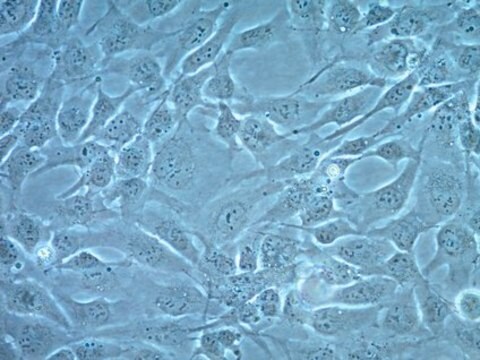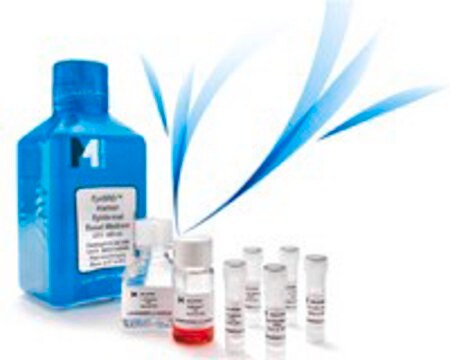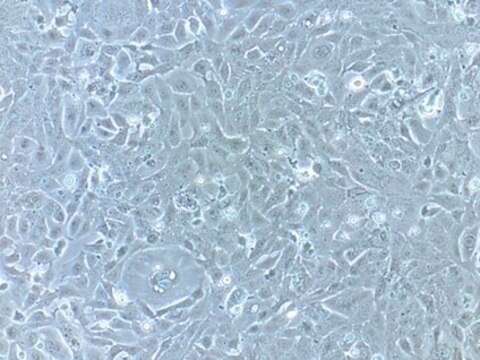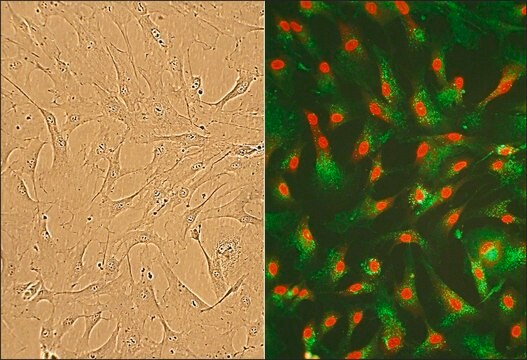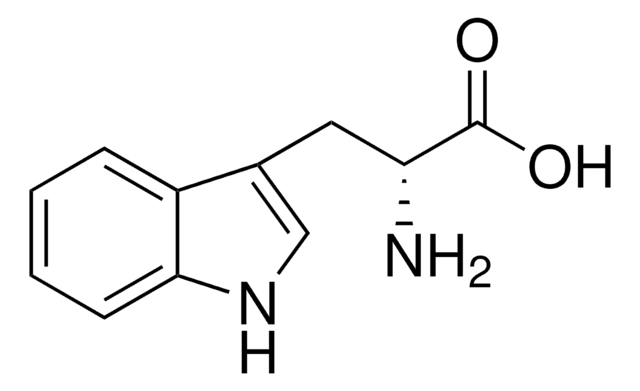C-12285
Human Cardiac Microvascular Endothelial Cells (HCMEC)
500,000 cryopreserved cells
Sinónimos:
Human endothelial cells
About This Item
Productos recomendados
biological source
human heart (ventricles)
packaging
pkg of 500,000 cells
morphology
( endothelial)
technique(s)
cell culture | mammalian: suitable
relevant disease(s)
diabetes; hypertension; ischemia/reperfusion injury
shipped in
dry ice
storage temp.
−196°C
General description
Cell Line Origin
Application
Quality
Warning
Subculture Routine
Other Notes
Recommended products
Disclaimer
Storage Class
12 - Non Combustible Liquids
wgk_germany
WGK 1
flash_point_f
Not applicable
flash_point_c
Not applicable
Certificados de análisis (COA)
Busque Certificados de análisis (COA) introduciendo el número de lote del producto. Los números de lote se encuentran en la etiqueta del producto después de las palabras «Lot» o «Batch»
¿Ya tiene este producto?
Encuentre la documentación para los productos que ha comprado recientemente en la Biblioteca de documentos.
Protocolos
Cell culture protocol: the endothelial cell transwell migration and invasion assay used to study angiogenesis and cancer cell metastasis. Explore over 350 PromoCell products.
Contenido relacionado
Cell culture protocol: the endothelial tube formation assay to study angiogenesis using HUVECs and other endothelial cell types. Explore over 350 PromoCell products.
Nuestro equipo de científicos tiene experiencia en todas las áreas de investigación: Ciencias de la vida, Ciencia de los materiales, Síntesis química, Cromatografía, Analítica y muchas otras.
Póngase en contacto con el Servicio técnico
